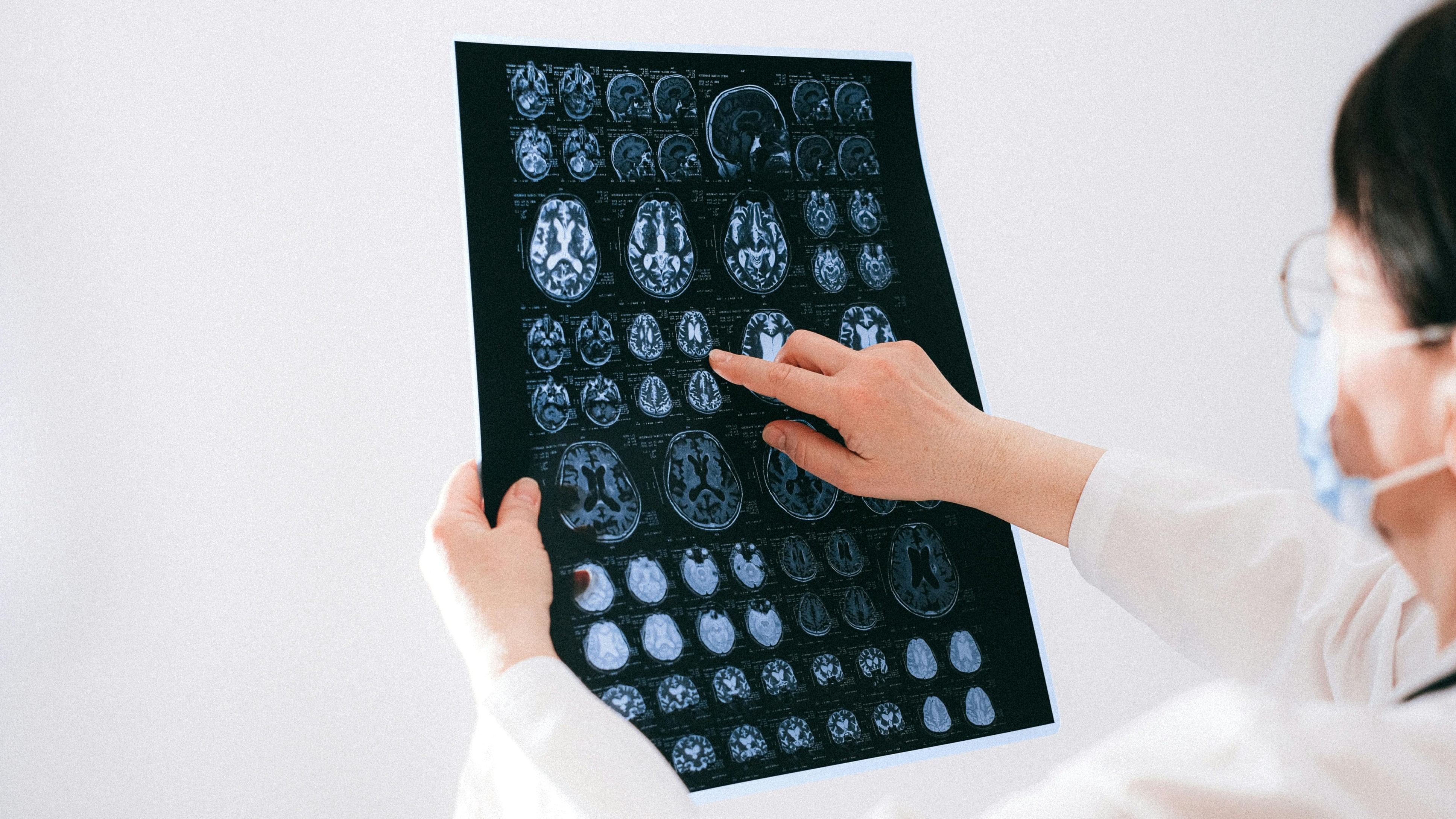
The new research offers a beacon of hope for those grappling with memory loss but also signifies a monumental leap forward in the realm of neurotechnology.
Credit: Pexels
Have you ever experienced the sudden recollection of an incident which you had completely forgotten? In most cases, these experiences are rare and few. Now picture this: struggling to recall a loved one's face, only to have the memory flood back with a gentle nudge from a neural prosthetic
Now imagine a world where you can recollect all your memories pushed deep into the unconscious state, that suddenly emerges out of nowhere with the help of prosthetics and neural technology.
Yes this is true, and very much happening. In a groundbreaking development, researchers from Wake Forest University School of Medicine and the University of Southern California (USC) have harnessed the power of neural prosthetics to reignite specific memories. These innovative devices offer a glimmer of hope for individuals grappling with age, injury, or disease-related memory impairments.
Prosthetics have long been hailed as life-changing devices, restoring independence to individuals with disabilities by replacing missing limbs and restoring movement. However, the latest advancements in neural prosthetics are pushing the boundaries even further by establishing direct connections with the nervous system.
Led by Dr Robert Hampson, the team behind this remarkable feat has demonstrated the ability to trigger the recollection of cherished memories with a simple electrical impulse.
Although this breakthrough is still in its early stages, but it not only offers a beacon of hope for those grappling with memory loss but also signifies a monumental leap forward in the realm of neurotechnology. As the boundaries of what is possible continue to expand, the potential applications of neural prosthetics in treating various cognitive impairments appear increasingly promising.
The findings of this research have appeared in Frontiers in Computational Neuroscience.
Scientists implanted electrodes in 14 epilepsy patients to test memory stimulation. During image recognition tasks, some participants received electrical stimulation (MDM) which led to improved memory in 22 per cent of cases. Notably, almost 40 per cent of those with pre-existing memory problems saw significant gains when stimulated on both brain sides.
In their study, the researchers were able to show that fixed pattern multi-site spatiotemporal codes are able to modify memory performance in a content specific manner. While this stimulation approach was able to modify memory, the Scientists got a low accuracy for the derived codes. An increase in the accuracy of the derived codes is required to obtain consistent increased performance of memory.